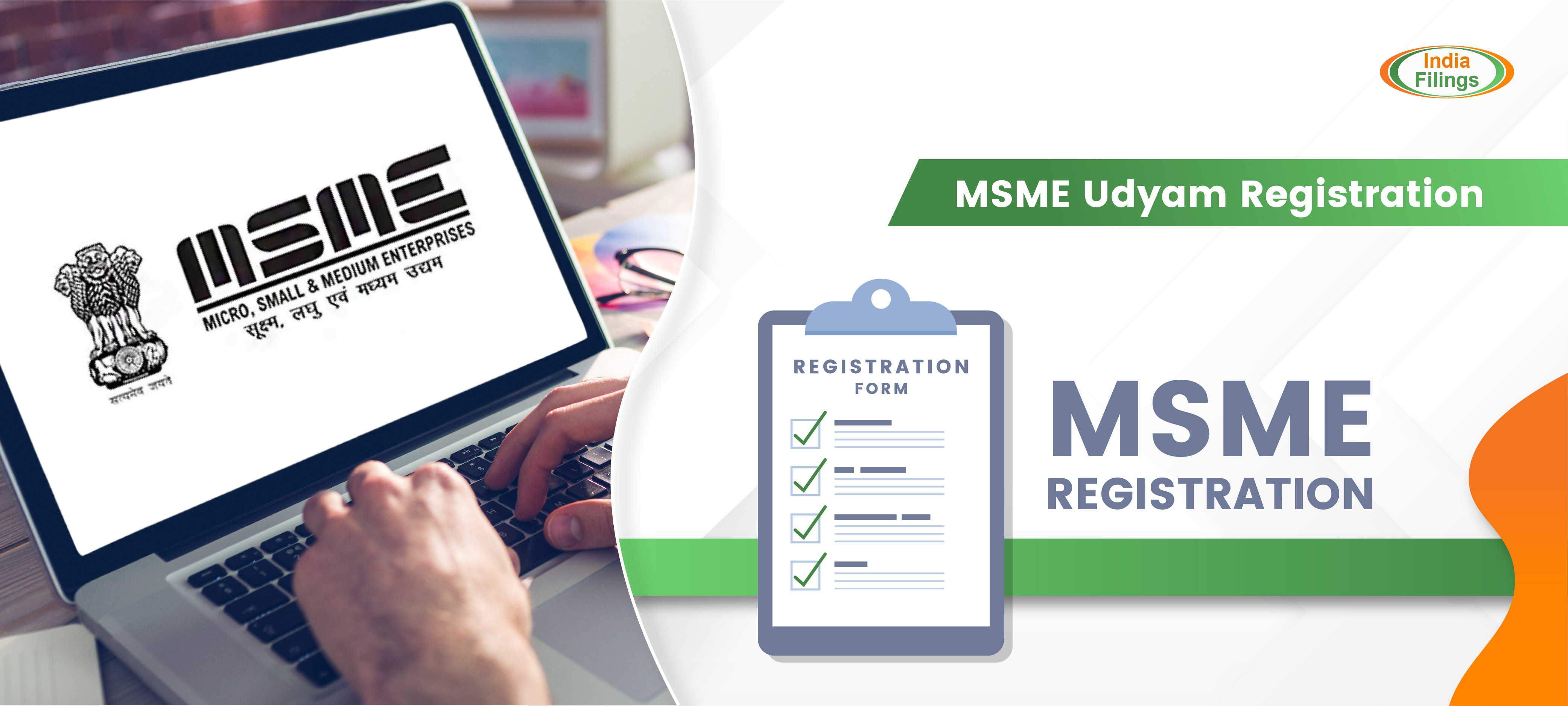3 years of revised MSME definition: Abundant jobs reported by small businesses in India
Skill, labour, talent for MSMEs: From the previous definition based solely on investment up to Rs 10 crore in plant and machinery, the new definition was notified on June 1, 2020, to cover enterprises with turnover up to Rs 250 crore and investment up to Rs 50 crore under the MSME ambit.

Since the revision of the MSME (Micro, Small, and Medium Enterprises) definition by the government three years ago, incorporating turnover as a criterion alongside investment in plant and machinery, MSMEs falling under the new definition have made significant contributions to employment in India. Official data reveals that these MSMEs have employed over 12 crore people.
The revised definition, which was announced on June 1, 2020, expanded the scope of MSMEs to include enterprises with turnover up to Rs 250 crore and investment up to Rs 50 crore. Previously, the definition was based solely on the investment in plant and machinery, with a limit of up to Rs 10 crore.
As of June 18, a total of 1.99 crore MSMEs, comprising both new registrations and those that transitioned from the earlier MSME registration portal Udyog Aadhaar, have been registered under the revised definition on the Udyam portal. Among these registered entities, 30.93 lakh are self-employed or micro enterprises, including street vendors, who were previously operating informally and were not covered under the Goods and Services Tax (GST) regime or exempted under the CGST Act, 2017.
The inclusion of turnover as a criterion in the MSME definition has brought numerous enterprises into the formal sector, enabling them to access various benefits and support provided by the government. This reclassification has played a pivotal role in promoting employment opportunities and driving the overall growth of the MSME sector in India.

The substantial number of MSME registrations under the revised definition underscores the importance of recognizing the role of skill, labor, and talent in driving the success of these enterprises. The MSME sector has become a significant source of employment generation, fostering economic development, and providing livelihood opportunities for millions of individuals across the country.
The government’s efforts to streamline and support the MSME sector through initiatives such as the revised definition and dedicated registration portals have played a crucial role in empowering these enterprises. By providing them with formal recognition, access to financial services, and business support, the government aims to enhance their competitiveness, encourage innovation, and contribute to India’s goal of becoming a $5 trillion economy by 2025.
Since the government’s revision of the MSME definition as a post-Covid support measure, the units registered on the Udyam portal have reported creating a total of 12.04 crore jobs. Among these jobs, 11.73 crore individuals, including 2.83 crore women, were employed in 1.68 crore MSMEs, while the remaining 30.93 lakh individuals were part of self-employed units, as per data from the portal.

To further promote job creation and formalize the informal micro units within the MSME sector, the government introduced the Udyam Assist Platform (UAP) in January of this year. The UAP serves as a formalization project aimed at bringing these units into the formal economic framework. Through the UAP, banks gather transaction data related to these units and share it with the Udyam portal, enabling the registration of informal units and making them eligible for various MSME schemes and benefits provided by the government.
This initiative is designed to boost job opportunities, particularly within the informal micro units, by integrating them into the formal economy. By providing these units with formal registration and access to government schemes, they can avail themselves of financial support, skill development programs, and other benefits. This integration into the formal sector not only enhances their credibility but also opens doors for further growth and expansion.
The Udyam portal and initiatives like the UAP play a crucial role in creating a conducive environment for MSMEs to thrive and contribute to India’s economic growth. By fostering job creation and formalization within the MSME sector, the government aims to harness the potential of these enterprises, uplift livelihoods, and drive inclusive development across the country.

In a significant development, the Reserve Bank of India (RBI) issued a directive in May of this year, instructing all financial institutions, including banks and non-banking financial companies (NBFCs), to consider informal micro enterprises registered on the Udyam portal as micro enterprises for classification under the priority sector lending (PSL) norms. This move ensures that these enterprises receive the benefits and support associated with the PSL framework, including access to credit and other financial services.
It is worth noting that the COVID-19 pandemic had a considerable impact on the MSME sector, leading to job losses. According to data shared by Bhanu Pratap Singh Verma, the Minister of State in the MSME Ministry, in the Rajya Sabha (Upper House of Parliament) in July of last year, a total of 63,248 individuals lost their jobs in the MSME sector between July 1, 2020, and July 20, 2022. This included 19,862 job losses in FY21, 42,662 in FY22, and 724 job losses until July of FY23.
These job losses highlight the challenges faced by the MSME sector during the pandemic. However, the revised MSME definition and initiatives like the Udyam portal, along with supportive measures such as the RBI’s directive on PSL classification, aim to address these challenges and foster recovery and growth. By providing formal recognition, financial assistance, and access to markets and opportunities, the government seeks to revive the MSME sector, promote job creation, and drive economic resilience.
It is expected that these concerted efforts and supportive measures will contribute to the revitalization of the MSME sector, aiding in job creation and strengthening the overall economy. The government’s commitment to the growth and development of the MSME sector remains crucial in achieving the vision of a self-reliant and prosperous India.






